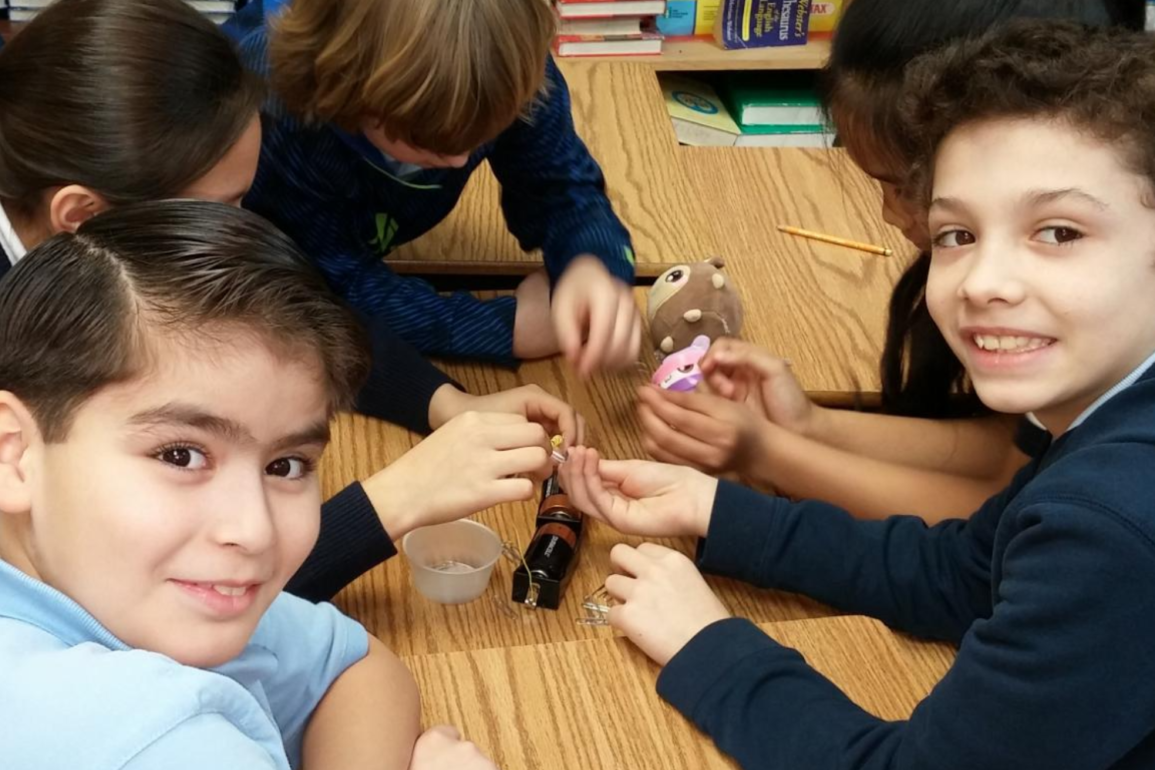School closures have caused large and persistent damage to children’s learning and wellbeing, the cost of which will be felt for decades to come, according to a new report launched today by the Global Education Evidence Advisory Panel (GEEAP), co-hosted by the UK’s Foreign, Commonwealth & Development Office, UNICEF Office of Research-Innocenti, and the World Bank.
Prioritizing Learning During COVID-19 presents the latest data on the impact of school closures on children. Estimates suggest that without urgent action, a Grade 3 child who has lost one year of schooling during the pandemic could lose up to three years’ worth of learning in the long run.
“Learning losses due to school closures are one of the biggest global threats to medium- and long-term recovery from COVID-19. The evidence tells us that schools need to reopen and be kept open as far as possible, and steps need to be taken in reintegrating children back into the school system,” said Abhijit Banerjee, co-chair of the GEAAP. Dr. Banerjee, who shared the 2019 economics Nobel Prize in part for his work in education, is one of the 15 education experts from around the world who produced the second annual GEAAP report.
The economic cost of lost learning from the crisis will be severe. A recent estimation predicts a USD $17 trillion loss in lifetime earnings among today’s generation of schoolchildren if corrective action is not urgently taken.
“While many other sectors have rebounded when lockdowns ease, the damage to children’s education is likely to reduce children’s wellbeing, including mental health, and productivity for decades, making education disruption one of the biggest threats to medium- and long-term recovery from COVID-19 unless governments act swiftly,” said Kwame Akyeampong, Panel co-chair.
Low- and middle-income countries and children from lower socioeconomic backgrounds have been the hardest hit, the report notes. Schools have, on average, been closed for longer than in high-income countries, students have had less or no access to technology during school closures, and there has been less adaptation to the challenges of the crisis. Evidence is mounting of the low effectiveness of remote learning efforts. In Brazil, for example, students in remote classes learned nearly 75% less and were 2.5 times more likely to drop out. Emerging data on learning loss shows Grade 4 students in South Africa having lost at least 62% of a year of learning due to school closures, and students in rural Karnataka, India, are estimated to have lost a full year. The increase in education inequality that COVID-19 has created, across and within countries, is not only a problem in its own right; varied learning levels in the classroom make it more difficult for teachers to help most students catch up, especially the most marginalized.
“While schools must be the first to open as restrictions are lifted, recovering the loss that children have experienced requires far more than simply reopening classrooms. Schoolchildren need intensive support to get back on track, teachers need access to quality training and resources, and education systems need to be transformed,” said Robert Jenkins, UNICEF Director of Education.
“Over 1.6 billion schoolchildren globally were shut out of school at the height of the pandemic, compounding the learning crisis poorer countries were already facing,” said Vicky Ford MP, UK Minister for Africa, Latin America, and the Caribbean, ahead of the report launch today. “My priority in the coming year is to ensure as many children as possible globally get back to school and back to high-quality learning.”
The report identifies four urgent recommendations made by the Panel (GEEAP) to help prevent further loss and recover children’s education:
- Prioritize keeping schools and preschools fully open. The large educational, economic, social, and mental health costs of school closures and the inadequacy of remote learning strategies as substitutes for in-person learning make it clear that school closures should be a last resort.
- Prioritize teachers for the COVID-19 vaccination, and use masks where assessed as appropriate, and improve ventilation. While not prerequisites to reopening schools, the risk of transmission in schools can be sharply reduced when a combined set of mitigating actions, such as using quality masks and ventilation, are taken.
- Adjust instruction to support the learning needs of children and focus on important foundational skills. It is critical to assess students’ learning levels as schools reopen. Targeting instruction tailored to a child’s learning level has been shown to be cost-effective at helping students catch up, including grouping children by level all day or part of the day.
- Governments must ensure teachers have adequate support to help children learn. Interventions that provide teachers with carefully structured and simple pedagogy programs have been found to cost-effectively increase literacy and numeracy, particularly when combined with accountability, feedback, and monitoring mechanisms.
The expert panel also calls on governments to build on the lessons learned during school closures by supporting parental engagement and leveraging existing technology.
“We must continue to sound the alarm on the crisis in education and ensure that policymakers have clear evidence for how to recover the catastrophic learning losses and prevent a lost generation,” said Jaime Saavedra, Panel member and Global Director for Education at the World Bank.
For more information on Prioritizing Learning During COVID-19 report please visit:
About the Global Education Evidence Advisory Panel: Launched in July 2020, the Global Education Evidence Advisory Panel (GEEAP) is an independent, cross-disciplinary body composed of leading education experts from around the world, including a Nobel laureate. Its mandate is to provide succinct, usable, and policy-focused recommendations to support policymakers’ decision-making on education investments in low- and middle-income countries.










